We investigate whether the “Beijing Olympics” is, in fact, real
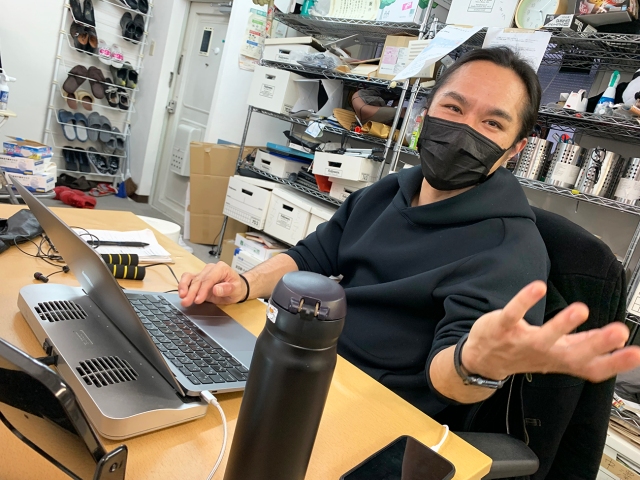
Our Japanese-language reporter Seiji Nakazawa brings us news straight from the source.
The other day, our reporters were diligently working at their desks when our editing chief Go Hatori leaned back at his desk and casually said, “I wonder if the Beijing Olympics is actually real.”
Japanese-language reporter Seiji Nakazawa glanced up from his computer and artfully replied, “Huh?”
“The news coverage on it has been really light,” explained Go. He laughed. “People are thinking it’s a conspiracy like the Apollo landing.”
Seiji wrinkled his forehead in confusion. He knew pretty much nothing about the Olympics, so he had no idea if the Beijing Olympics was real or not. But Seiji is a good journalist, and Go was depending on him for answers, so he decided to go to the location and investigate the matter for himself.
Of course, the first step to investigating a conspiracy for any self-respecting journalist is to do some research online first. After all, what source is more trustworthy than the Internet? Seiji needed to find out where to go for the “Olympics” anyway, so he started with a Google search of “Beijing Olympics”. But it was just as Go had said: the information was sparse.

No matter where he looked, he couldn’t find any online reviews or menus. Not even operating hours!
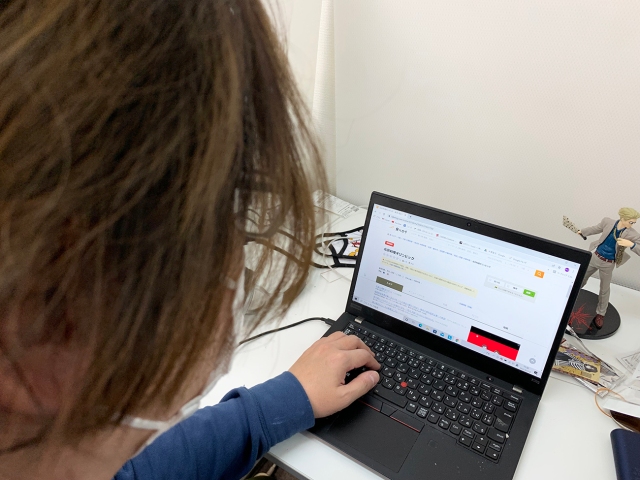
Not even Tabelog, one of the most reliable websites out there for location information (which is about the equivalent to Yelp in the U.S.), could verify whether Beijing Olympics was open or not. To Seiji, that was the same as Tabelog saying that they didn’t know if it was real or not. It seemed like our agency wasn’t the only one with doubts.
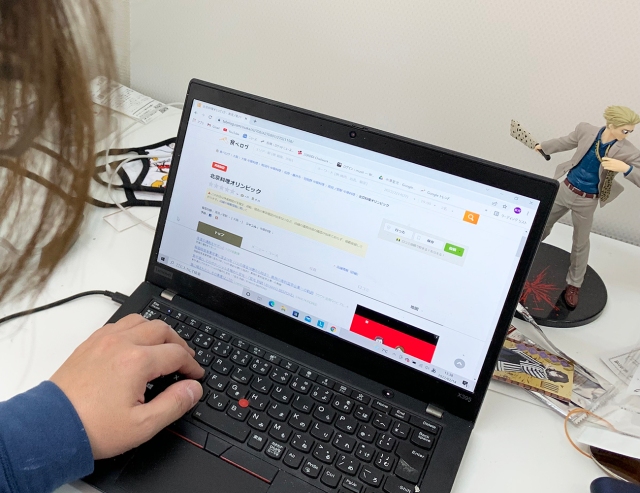
There was one thing he could ascertain for certain, however. Those who are more in the know than Seiji may already know this, but it seems that the “Beijing Olympics” that Go was referring to was in fact short for a longer name. The real name was…

“Beijing Ryori Olympics“, which translates to “Beijing Cuisine Olympics“.
The name was a little misleading in that you might think the actual locale of the place was Beijing, but as it turns out, it’s actually a restaurant serving Beijing cuisine. But for the existence of a Chinese restaurant to become the subject of a conspiracy theory? The place must have some passionate fans. Or possibly haters.
In any case, Seiji managed to find the address of the restaurant, which meant he had enough information to go investigating for himself. To ease the concerns of his beloved editor-in-chief, Seiji immediately embarked on a quest to Matsubara City in Osaka Prefecture to find out if Beijing Olympics was real or not.
▼ So he boarded a train to Tokyo Station…
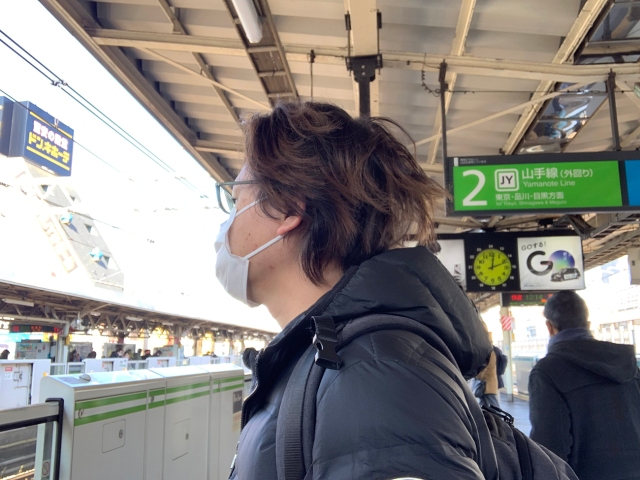
▼ …where he hopped on a Shinkansen bullet train bound for Osaka.
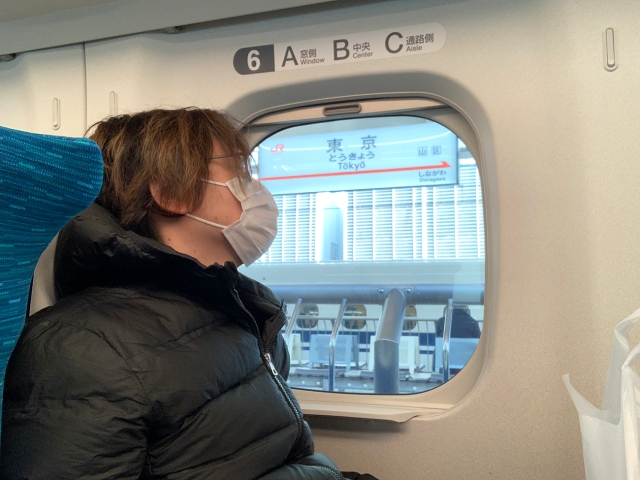
Naturally, being a foodie, Seiji didn’t miss the chance to pick up an ekiben (“station bento”) boxed meal for his trip…
 …whcih he obviously really enjoyed.
…whcih he obviously really enjoyed.
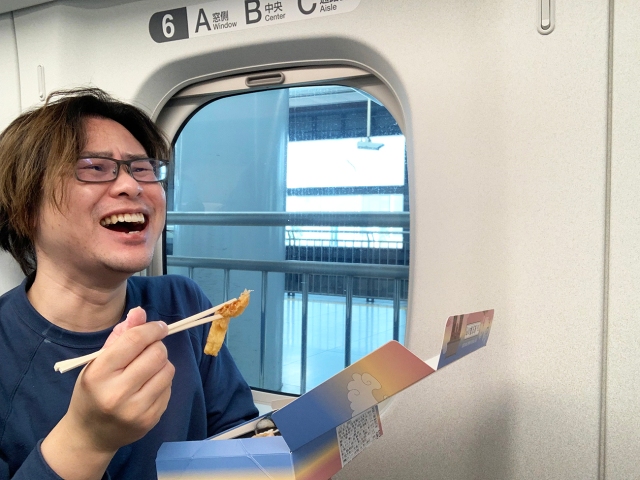
Seiji’s bento joy came at around the Nagoya City mark of his journey, shortly before he arrived at Osaka (written as “大阪” in the map below).
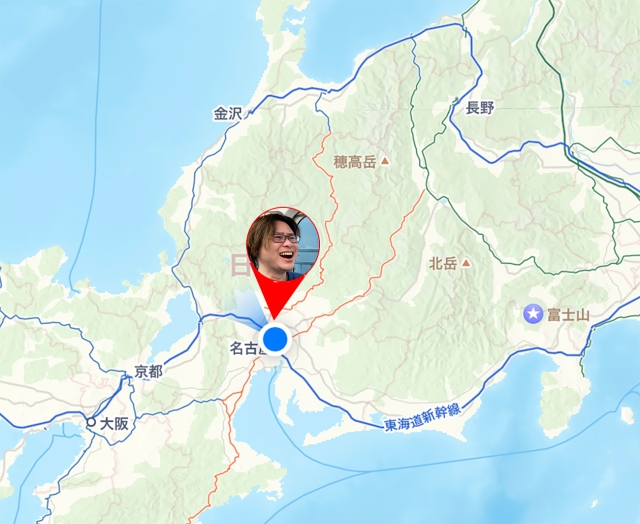
Once he’d arrived in Osaka, it was time for Seiji to board a local train to take him, hopefully, to the site of Beijing Olympics.
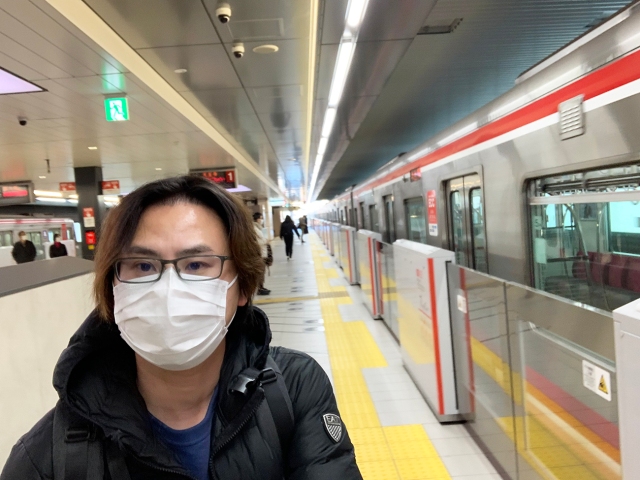
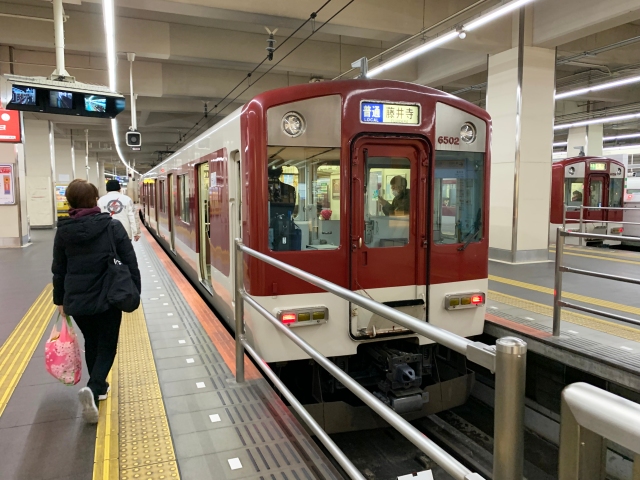
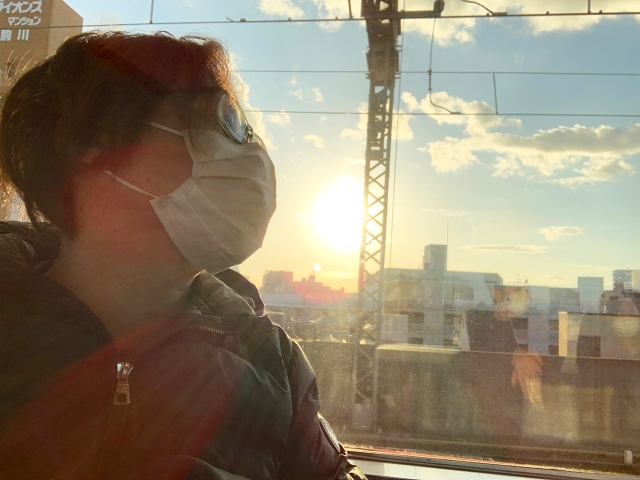
The nearest train station to the purported location of Beijing Olympics turned out to be Takaminosato on the Kintetsu-Minamiosaka Line.
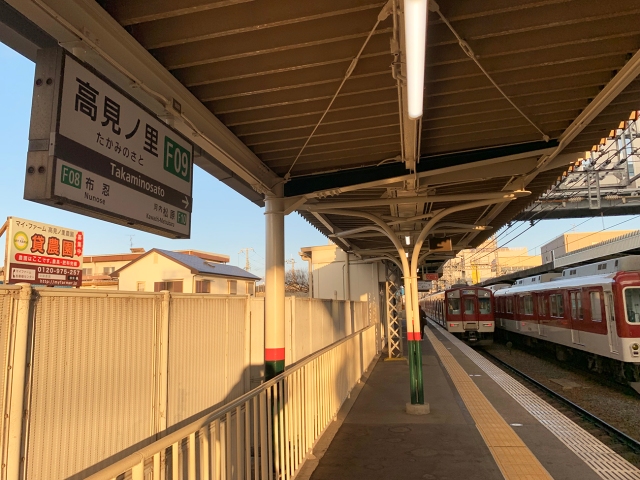
According to Seiji’s map, Beijing Ryori Olympics was supposed to be just 200 meters (about 650 feet) from the station, which, in Seiji’s estimation, was like, right in front of the station, probably. Maybe it would be nestled within a shopping street? But when Seiji alighted from the train, a completely unexpected spectacle lay before his eyes.
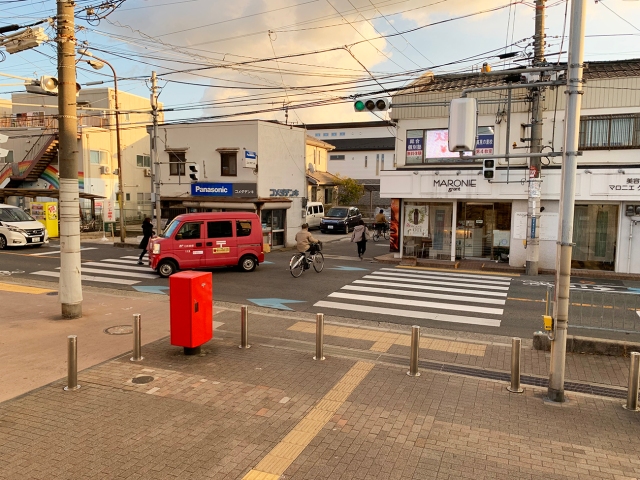
That is to say, it was perfectly expected in that it was a completely ordinary-looking rural Japanese town. The only unexpected thing was that there was absolutely no sign of any eateries anywhere.
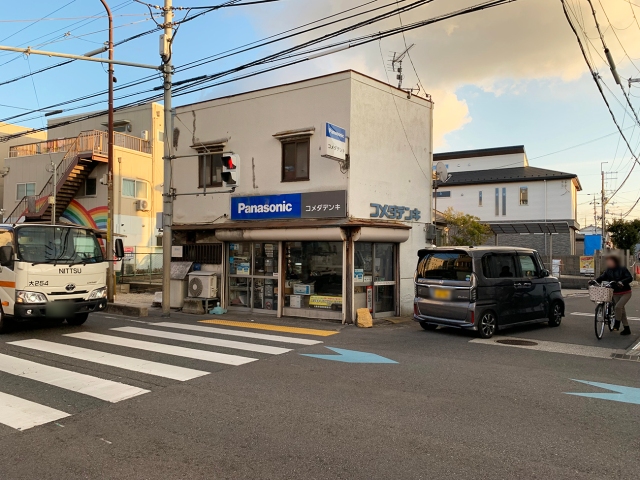
In fact, it didn’t even seem like there was much commerce there at all. It was simply a quiet, undeveloped residential area bathed in the light of a sunset.
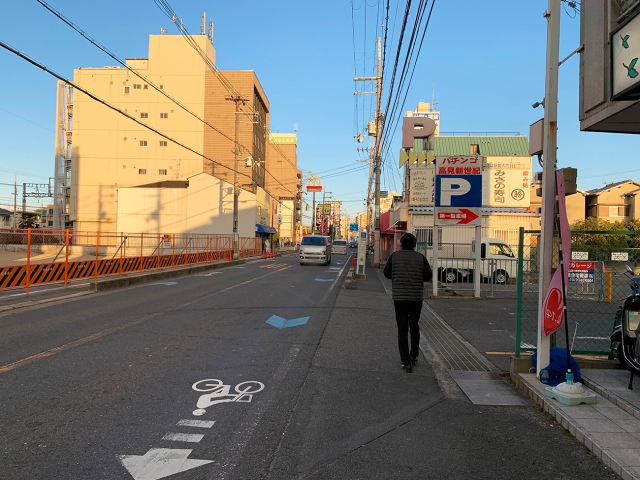
But Seiji wasn’t about to give up chasing this lead. He quickly brought up his Maps app and input the address. The pin that popped up was very close. As he thought, Bejing Ryori Olympics wasn’t far from the station.
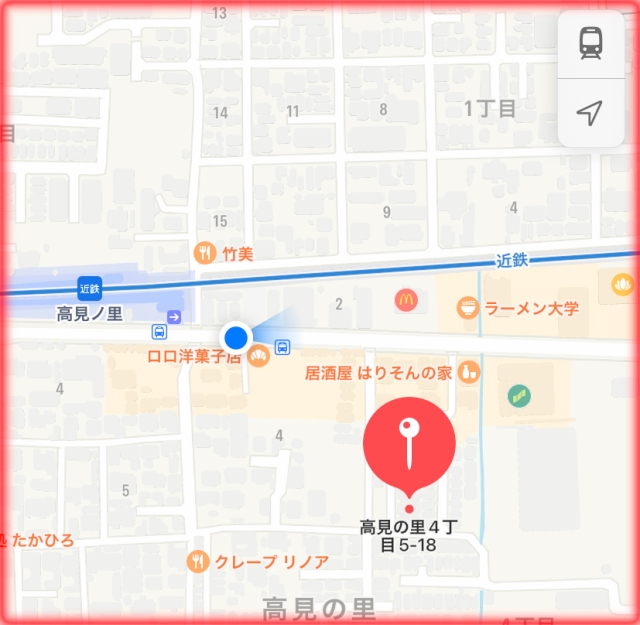
Seiji hoisted his pack over his shoulders and began walking along the route outlined by the map, but his confidence wavered as it drew him into a rural neighborhood. It wasn’t the most country place he’d ever been, but he did see a vegetable field, in the middle of which a single unidentified bird was chirping cheerfully. In spite of the seriousness of his mission, Seiji felt it was kind of nice. It seemed like the kind of place where time passed slowly.
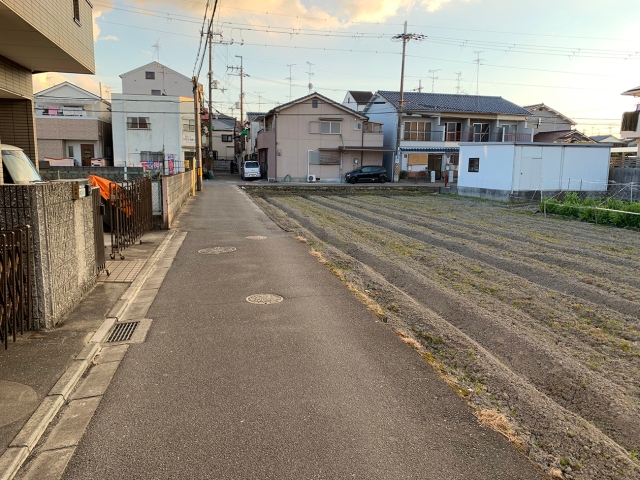
But was there really a Chinese restaurant here? If he had still been traveling the same road as the station, he might have understood. But the pin was located square in the middle of an area full of residences. In some ways, it would be even weirder to find a Chinese restaurant there than to find one on the top of a mountain.
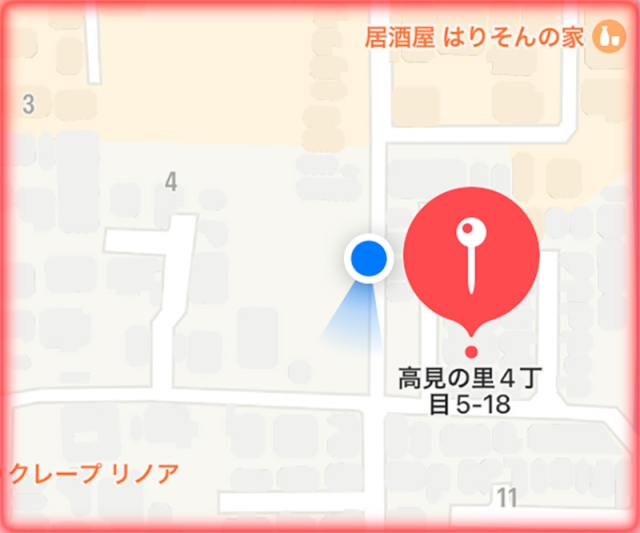
Even so, the street was lined with houses, so Seiji wasn’t able to tell for sure without turning the corner. It wouldn’t be impossible for there to be a Chinese restaurant on the other side of those houses. With this in mind, Seiji rounded that last corner, lifted his eyes to the spot where the pin should be…
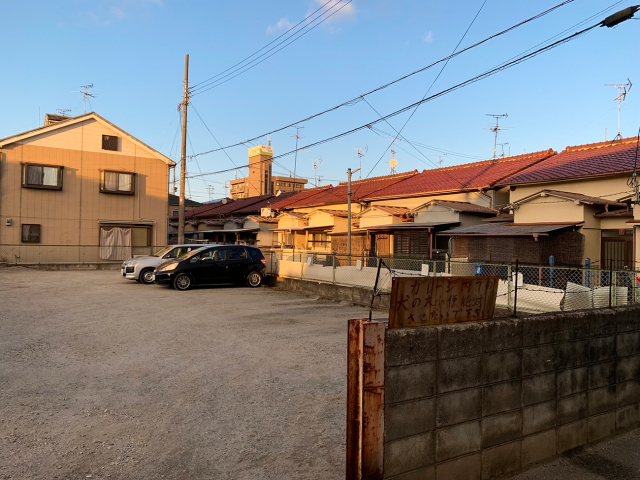
And found only a row of tenement houses. To make it even stranger, they looked like they’d been there a long time. Just in case, Seiji checked maps on various different sites to make sure he was truly in the right place. He walked back and forth, turned some corners, made a circuit of the neighborhood, but no matter which site he used, they all said that Beijing Ryori Olympics should have been right there in the middle of those tenement houses.
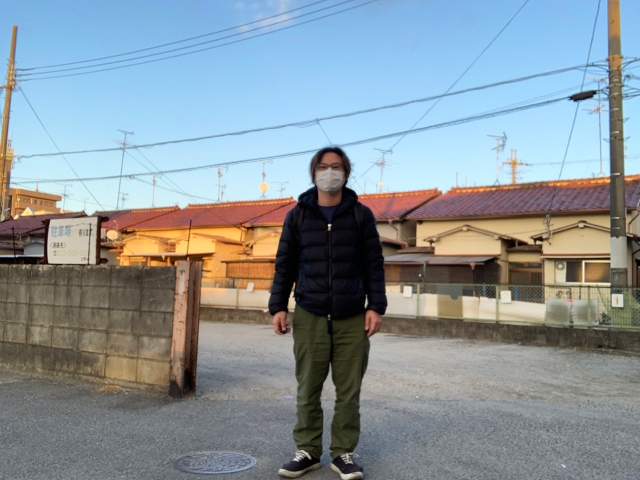
Regardless of whether or not there was ever a Beijing Ryori Olympic here, the fact of the matter was there wasn’t one here now. That meant the conspiracy theories were true: Beijing Olympics isn’t real. With this new information in hand, Seiji immediately called Go Hatori.
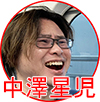
“Mr. Hatori! I came all the way here, but Beijing Olympics isn’t here!!”

“Huh? Really? The Olympics aren’t there?”

“Not at all. There’s no sign of it!”

“No way! You sure you’re in the right place?”

“I wondered the same thing, so I tried to call the place and I got the ‘This number is not in service’ message.”

“They tore it all down fast! What’s it look like over there?”

“There’s just a bunch of weathered-looking tenement houses.”

“What?! They’d have the Olympics in a place like that?!”

“Judging from the look of the houses, they must have torn it all down and rebuilt at least a year ago.”

“You mean even before the Tokyo Olympics…?!”

“I guess so.”

“What are the local Chinese residents doing?”

“There aren’t any.”

“Why not?! Oh, you mean there isn’t much of a crowd.”

“Yeah. There’s almost no one walking around.”

“This is major. Why don’t you hire a guide and ask around?”

“I don’t think there are any guides…”

“Why not?!”

“….”

“You’re talking about Beijing, right?”

“Yes? It’s Beijing (Ryori).”

“I see. You’re sure?”

“Yes. There’s no mistaking Beijing (Ryori).”

“Alright. Then…it’s a conspiracy!”

“Just like that?!”

“The Olympics aren’t at the location they said they’d have it. That’s enough!”

(thinking his judgment is pretty rash)

“This is a huge scoop! I’m looking forward to your article.”
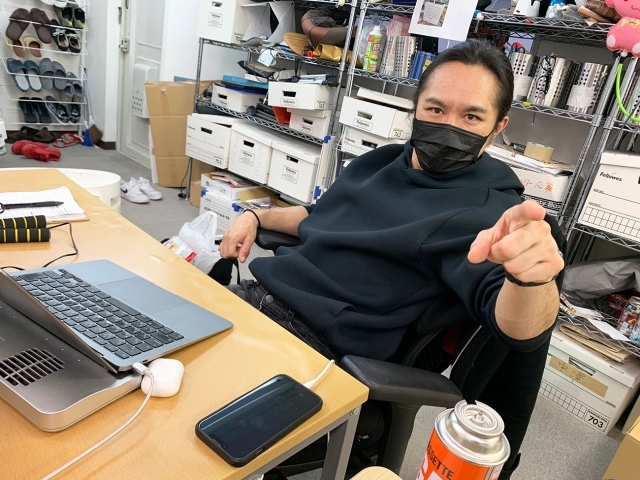

Seiji couldn’t go against the word of his editor-in-chief, and so…he wrote this article.
Maybe next time he’d have better luck investigating the conspiracy theory that Shinzo Abe is actually a yokai.
Images © SoraNews24
● Want to hear about SoraNews24’s latest articles as soon as they’re published? Follow us on Facebook and Twitter!
Credit:

0 comments:
Post a Comment